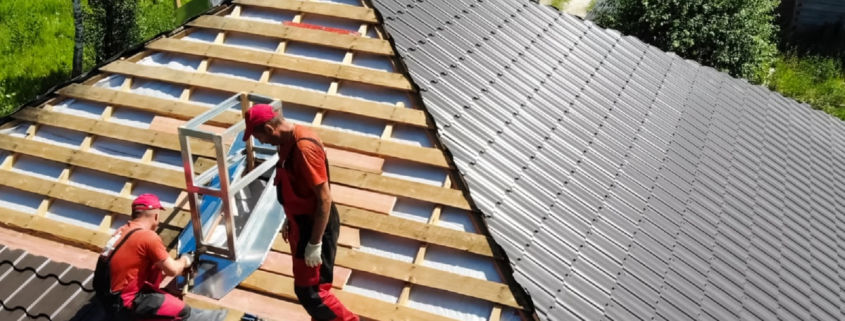Construction Guide #157 177
Title: Construction Guide #157: Essential Tips and Best Practices for Efficient Building
Both small home renovations and large scale commercial developments can be daunting construction projects. Achievement in any construction project is predominantly based on understanding and implementing the industry’s best practices. In Construction Guide #157, we endeavour to provide you with vital tips and best practices to ensure your project runs smoothly and efficiently.
Design and Planning
The beginning in any construction project is comprehensive planning and design. This involves understanding the project’s scope, creating a realistic budget, and designing the structure with the help of architects and engineers. It’s crucial to consider factors like building codes, zoning laws, and potential environmental impact during this phase. Hiring a professional architect or engineer can cut down on time and cost in the long run by preventing costly mistakes or redesigns.
Materials of Quality
Investing in quality materials is vital for the longevity and safety of the structure. Cheap or substandard materials can lead to structural problems, safety issues, and higher maintenance costs in the future. Therefore, it’s necessary to source materials from reputable suppliers and ensure they comply with industry standards.
Professional Hiring
A construction project is only as good as the people working on it. Hiring experienced and qualified professionals ensures that the project adheres to the highest standards of quality and safety. This includes everyone from architects and engineers to construction workers and subcontractors. Always check references, qualifications, and insurance before hiring.
Safety First
Construction sites are inherently dangerous places, and safety should always be the main priority. This means providing workers with sufficient training and personal protective equipment (PPE), regularly inspecting equipment for faults, and maintaining clean and organized workspaces. It’s not just about preventing accidents, but it’s also about promoting a culture of safety and responsibility among workers.
Scheduling and Time Management
Proper scheduling and time management are essential for keeping a construction project on track. Delays can be costly and can result in a domino effect that disrupts the entire project. Having a detailed project timeline, with milestones and deadlines, helps in ensuring everyone stays focused and accountable. Also, it’s important to factor in potential setbacks due to weather, supply chain issues, or unforeseen construction challenges.
Communication Regularity
Clear and regular communication is key to keeping everyone involved in the project on the same page. This includes regular updates on project progress, changes in plans or schedules, and any issues or challenges that arise. Good communication helps to eliminate misunderstandings, lessen mistakes, and foster teamwork.
Focus on Sustainability
Sustainability is growing in importance in construction. This means designing and building structures that are eco-friendly, sustainable, and energy-efficient in the long term. Consider incorporating green building practices like using recycled or sustainable materials, optimizing for energy efficiency, and reducing waste during construction.
In summary, successful construction is all about meticulous planning, employing the right individuals, putting safety first, effective time management, clear and regular communication, and a focus on sustainability. By keeping these tips and best practices in mind, you can ensure that your construction project is completed within the set timeline, budget, and to the topmost quality standards. For the best home improvement service or visit their Google Maps here.
For more details, check best New Roof Service Kildare or visit their New Roof business page here.




Leave a Reply
Want to join the discussion?Feel free to contribute!